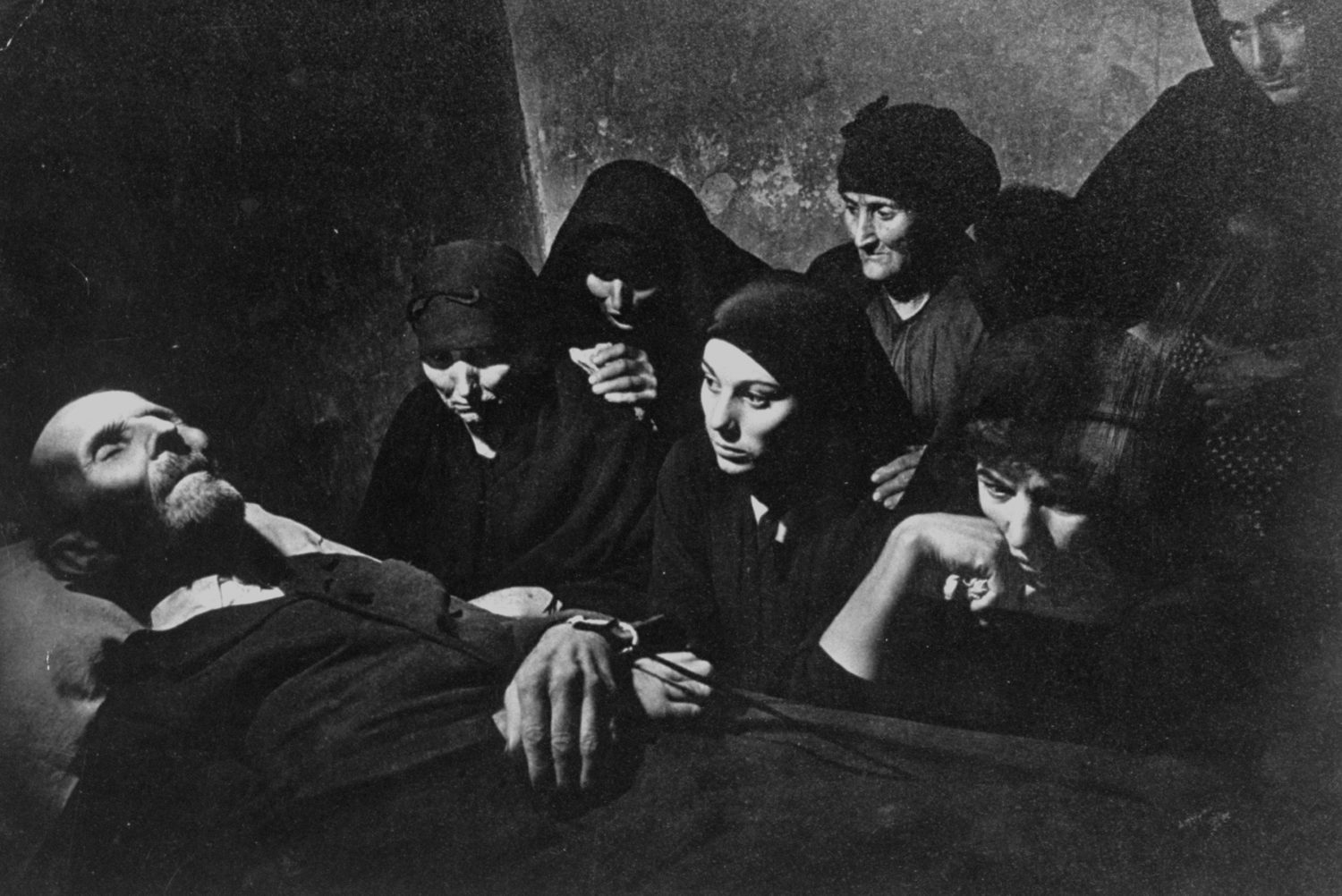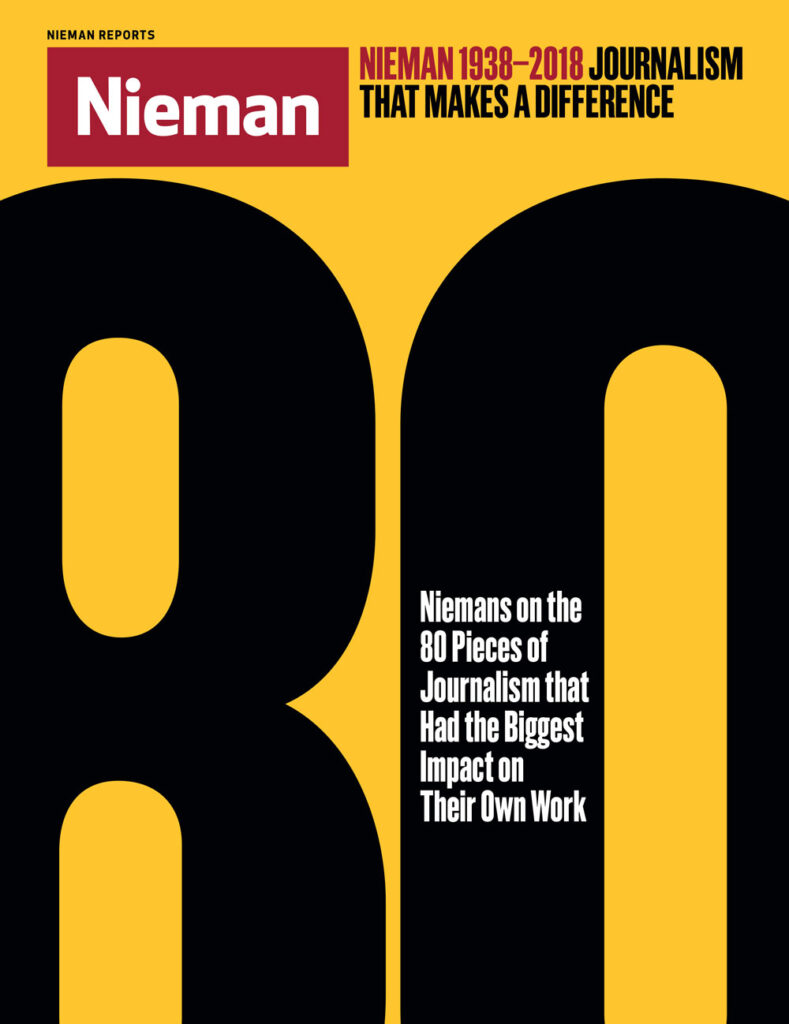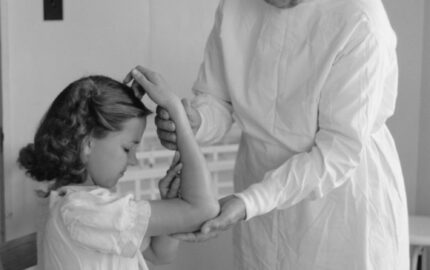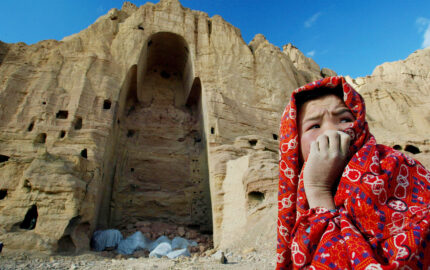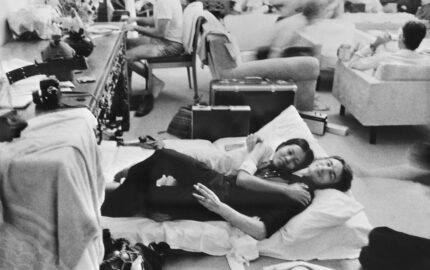My appreciation for the long-form photographic essay began with work published in Life magazine. A number of photo essays captured my attention. Two by legendary Life photographer W. Eugene Smith pushed me beyond the obvious surface of life. The first, “Visit to a Spanish Village,” was published in 1951 and republished elsewhere in the late 1960s. The powerfully iconic photograph of mourners in black surrounding a deceased man of the village is probably the image that most associate with the essay.
In 1975, I participated in a W. Eugene Smith Masters Workshop at the International Center for Photography in New York City. I and the other students were never ever the same. Smith gave something invaluable to us. He introduced us to true passion, dedication, and the necessary attention to the fragility of life that we seek in photography. All of this came from the four workshop days spent with him and his carefully chosen words about his last great work, which is his Minamata photo essay, published in 1972, about mercury poisoning in Minamata, Japan. We learned from Smith how to capture something that could touch the human heart.
Visit to a Spanish Village
By W. Eugene Smith
Life magazine, April 9, 1951
Photography
